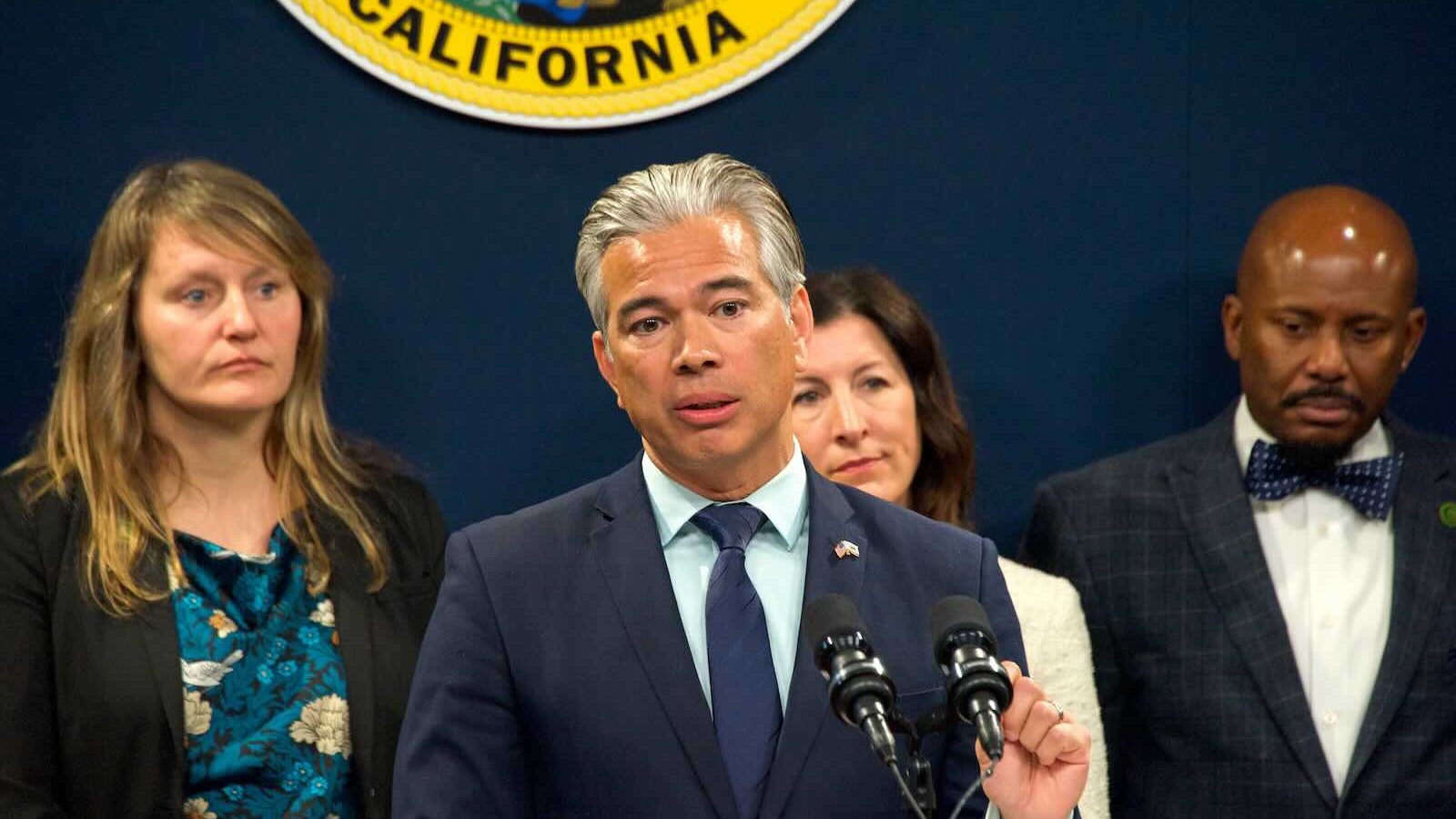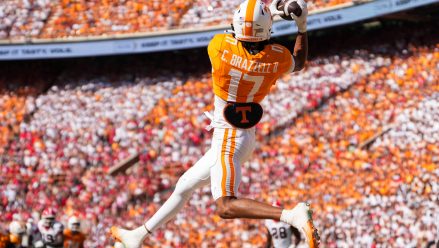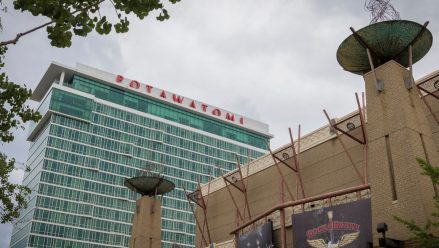California Attorney General Rob Bonta dropped a bomb last week — issuing the opinion that daily fantasy sports contests, including pick’em games and salary-cap formats, constitute illegal gambling in California.
The opinion, importantly, doesn’t carry the force of law, a status reinforced just prior to the opinion’s release by a Superior Court judge in response to Underdog Fantasy’s unsuccessful legal effort to block the opinion’s release. But Bonta’s take is clearly shifting the ground under DFS operators, tribal gaming interests, and sportsbook giants all hoping to claim a stake in the massive California market, which by itself is the fourth largest economy in the world.
The July 3 opinion says that paid-entry fantasy contests run afoul of California Penal Code 337a, because they involve wagering money on real-world athletic performances. Whether based on skill or not, Bonta concluded that these contests meet the legal definition of a bet.
And while this isn’t a regulatory ban, opinions from the attorney general carry weight — and this one puts operators on notice.
The Golden State
By the numbers, California is a cornerstone of the DFS business. Eilers & Krejcik Gaming estimates the state accounts for about 15% of DFS+ gross gaming revenue nationwide. That’s a big chunk of a big pie.
And operators have been treating it that way. According to Pathmatics data cited in a July 7 EKG report, PrizePicks spent 22.4% of its total U.S. digital ad budget in California over the past 12 months. Underdog came in at 18.9%.
DFS+ — the pick’em-style format now dominating the space — is about five times more lucrative than the traditional salary-cap games that made daily fantasy sports what it was a decade ago. In a court filing, Underdog claims it generates about 10% of its revenue from California. Another industry source puts DraftKings and FanDuel at about the same number for their old-school DFS products. So when Bonta’s opinion cast doubt on the entire model, it put a lot of money in jeopardy.
After the opinion dropped, California Gov. Gavin Newsom quickly distanced himself, saying he disagrees with Bonta’s interpretation. That disagreement creates an interesting tension and may factor in down the road, but it doesn’t necessarily stop Bonta from moving forward.
The attorney general is independently elected and may pursue enforcement regardless of the governor’s position. So while the DFS industry hopes this is just legal posturing, it’s still at risk — either from direct legal action or pressure from another source: California’s influential and well-funded tribes.
The California Nations Indian Gaming Association (CNIGA) backed Bonta’s opinion and is calling for enforcement. Tribes and tribal groups also backed Bonta’s election, by the way, contributing approximately $420,000 to his campaigns since 2014 for both the state Assembly and attorney general, according to open records. Underdog pitched in $18,200 in 2023 for Bonta’s AG campaign.
That is all chump change compared to the more than $400 million the tribes spent to defeat and commercial operators spent to pass a 2022 online sports betting ballot measure. Backed by DraftKings, FanDuel, and others, the measure failed spectacularly. If the tribes want an industry player out of the way, they’ve shown they are willing to put resources behind it. As EKG put it, bluntly: “A repeat effort can’t and shouldn’t be ruled out.”
What happens next?
One of the biggest DFS 2.0 players, PrizePicks, already made a move by switching to a peer-to-peer format in California, a strategy DFS+ operators have used in other states, such as Florida, to sidestep regulatory scrutiny. But Bonta’s opinion is expansive, and appears to cover those formats too. So it’s not clear that the pivot will work here.
DraftKings has stated its disagreement with Bonta’s opinion as well as its plans to keep offering DFS in California, as it has for over 13 years.
“Notably, the overwhelming body of law from 24 states and Congress confirms that fantasy sports contests are games of skill,” a DraftKings spokesperson told ESPN in a statement. “We intend to work with stakeholders, including the office of the attorney general, to try to find an amicable resolution.”
Of course, that pathway carries some risk. While the ice seems to have thawed between DraftKings and tribes after the 2022 fight, this stance may ratchet the temperature back down a notch. And it may jeopardize a potential future partnership with the tribes if and when an agreeable plan for legal online sports betting reemerges in the state. Meanwhile, posturing around the prediction market opportunity, another battlefront for the tribes, is creating some tension as well.
FanDuel, whose DFS presence has diminished in recent years, said, “We look forward to meeting with the attorney general’s office to talk through our next steps.” Notably, FanDuel has not yet taken the step of suspending its DFS games in the state and so they remain live.
In the meantime, expect a familiar script: court challenges, lobbying efforts, PR campaigns, and new product tweaks aimed at finding a legal middle ground. And there may be one. Bonta’s opinion, while firm, leaves a few doors cracked open. DFS+ operators are likely to push on those hinges hard.
The operators have options
According to EKG, operators can explore — and might be already exploring — three main options.
First, they may start embedding season-long elements into daily contests. Think cumulative leaderboards or multi-week competitions. The idea is to shift the emphasis from short-term outcomes to longer-term skill. More like traditional fantasy leagues, which the AG did not explicitly address.
Second, contests could shift away from predictions entirely and focus more on user-driven performance games where what the player does inside the contest matters more than what the athlete does on the field. This could make the game feel more like a competition than a bet.
Third, some operators may test out synthetic ownership models where players “own” shares in athletes or teams and earn rewards based on performance. This reframes users as participants, not bettors, and may pass legal muster under the logic Bonta outlined.
Still, it is unclear if any of these formats would actually satisfy regulators or courts. But when access to 24 million potential users is on the line, operators will leave very few stones unturned.
California isn’t the only state targeting DFS+. According to EKG, 18 states have taken action against pick’em-style contests. But so far, operators have managed to stay active in 14 of them. California isn’t just any state, though. If Bonta’s position gains traction here — or if enforcement follows — it could ripple across the country.
That puts Gov. Newsom in an interesting spot. With talk of a 2028 presidential run, he’s now sitting between two major donor groups: the tribes who want DFS+ gone, and the sportsbook operators who want back in. If there’s a negotiated solution coming, it’s likely going to need his fingerprints on it.
As a fellow California elected official, Rep. Ro Khanna, noted in a conversation with another potential Democratic presidential nominee, Stephen A. Smith (yes, really), “banning fantasy sports in California is a dumb idea.”
It’s possible this whole thing ends in the courts. It’s possible it ends in the legislature. And it’s just as likely that it turns into a grinding campaign to define and/or redefine what DFS actually is.
But one thing is already clear: California is the biggest fight yet, and everyone — from PrizePicks to DraftKings to the tribal coalitions — is preparing for a long battle.
What happens next won’t just shape fantasy sports in California. It’ll help define what the category even means going forward.
Brett Smiley contributed to this report.







